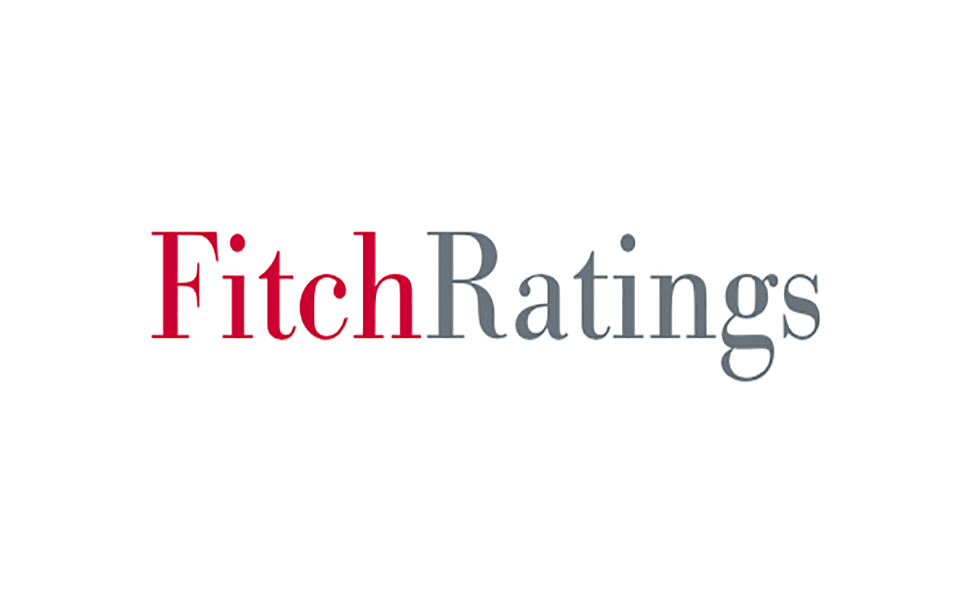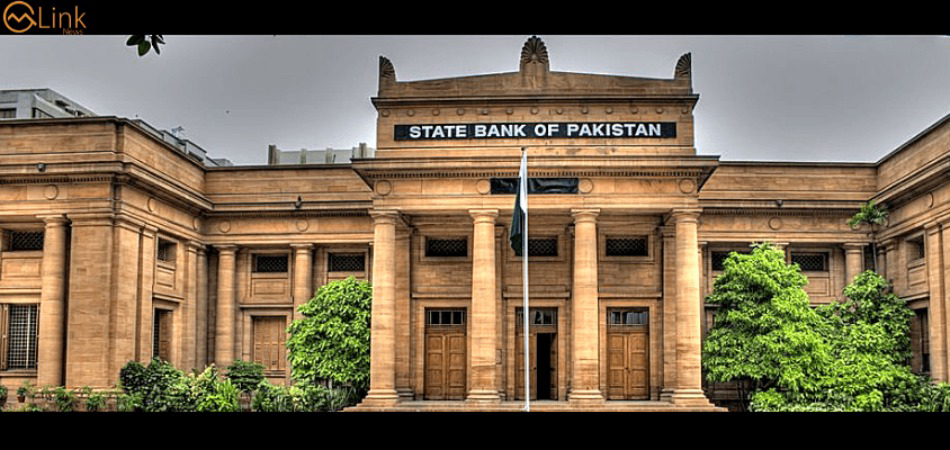Fitch upgrades Pakistan's credit rating to 'B-' from 'CCC+'

MG News | April 15, 2025 at 04:17 PM GMT+05:00
April 15, 2025 (MLN): Fitch Ratings has upgraded Pakistan's Long-Term Foreign-Currency Issuer Default Rating (IDR) to 'B-' from 'CCC+', with a Stable Outlook.
The upgrade reflects Fitch's increased confidence that Pakistan will sustain its recent progress on narrowing budget deficits and implementing structural reforms, which supports its IMF programme performance and funding availability.
Tight economic policy settings are expected to continue supporting the recovery of international reserves and containment of external funding needs, though implementation risks and large financing requirements persist.
Global trade tensions and market volatility could pose external pressures, but these are mitigated by lower oil prices and Pakistan’s low reliance on exports and market financing.
Policy credibility has been gradually rebuilt, as shown by Pakistan and the IMF reaching a staff-level agreement in March on the first review of the $7 billion Extended Fund Facility and a new $1.3bn Resilience and Sustainability Facility, both running until the third quarter of 2027.
Pakistan has performed well on quantitative performance criteria, especially in reserve accumulation and achieving a primary surplus, despite tax revenue growth falling short of its target.
Provincial governments have also legislated increases in agricultural income tax, meeting a key structural benchmark.
This progress follows Pakistan's strong performance under its previous arrangement, which expired in April 2024.
Fiscal performance is improving the general government budget deficit is forecast to narrow to 6% of GDP in FY25 and around 5% in the medium term, down from nearly 7% in FY24.
The FY25 forecast is conservative, expecting the primary surplus to more than double to over 2% of GDP.
While tax revenue shortfalls partly due to lower-than-expected inflation and imports remain, these are expected to be offset by lower spending and wider provincial surpluses.
The lagged effects of previously high domestic interest rates still impact fiscal performance but have also contributed to the State Bank of Pakistan's extraordinary dividend of 2% of GDP to the government in FY25.
Pakistan's broader economic outlook also shows signs of gradual improvement, with government debt-to-GDP declining to 67% in FY24 from 75% in FY23 and inflation expected to average 5% in FY25.
The current account posted a surplus of $700m in 8MFY25, supported by strong remittances and favorable import prices, though external deficits are expected to widen slightly with stronger domestic demand.
Gross reserves rose to nearly $18bn in March 2025, while external debt maturities remain sizable, with over $8bn due in FY25 and $9bn in FY26.
Political challenges persist following a weaker-than-expected election mandate and ongoing security issues.
Despite these hurdles, continued progress in IMF programme implementation and a recovering macroeconomic environment support Pakistan's rating outlook, although risks around implementation and external financing needs remain elevated.
Copyright Mettis Link News
Related News
| Name | Price/Vol | %Chg/NChg |
|---|---|---|
| KSE100 | 134,299.77 290.06M |
0.39% 517.42 |
| ALLSHR | 84,018.16 764.12M |
0.48% 402.35 |
| KSE30 | 40,814.29 132.59M |
0.33% 132.52 |
| KMI30 | 192,589.16 116.24M |
0.49% 948.28 |
| KMIALLSHR | 56,072.25 387.69M |
0.32% 180.74 |
| BKTi | 36,971.75 19.46M |
-0.05% -16.94 |
| OGTi | 28,240.28 6.19M |
0.21% 58.78 |
| Symbol | Bid/Ask | High/Low |
|---|
| Name | Last | High/Low | Chg/%Chg |
|---|---|---|---|
| BITCOIN FUTURES | 118,140.00 | 119,450.00 115,635.00 |
4270.00 3.75% |
| BRENT CRUDE | 70.63 | 70.71 68.55 |
1.99 2.90% |
| RICHARDS BAY COAL MONTHLY | 97.50 | 0.00 0.00 |
1.10 1.14% |
| ROTTERDAM COAL MONTHLY | 108.75 | 108.75 108.75 |
0.40 0.37% |
| USD RBD PALM OLEIN | 998.50 | 998.50 998.50 |
0.00 0.00% |
| CRUDE OIL - WTI | 68.75 | 68.77 66.50 |
2.18 3.27% |
| SUGAR #11 WORLD | 16.56 | 16.60 16.20 |
0.30 1.85% |
Chart of the Day
Latest News
Top 5 things to watch in this week
Pakistan Stock Movers
| Name | Last | Chg/%Chg |
|---|
| Name | Last | Chg/%Chg |
|---|



